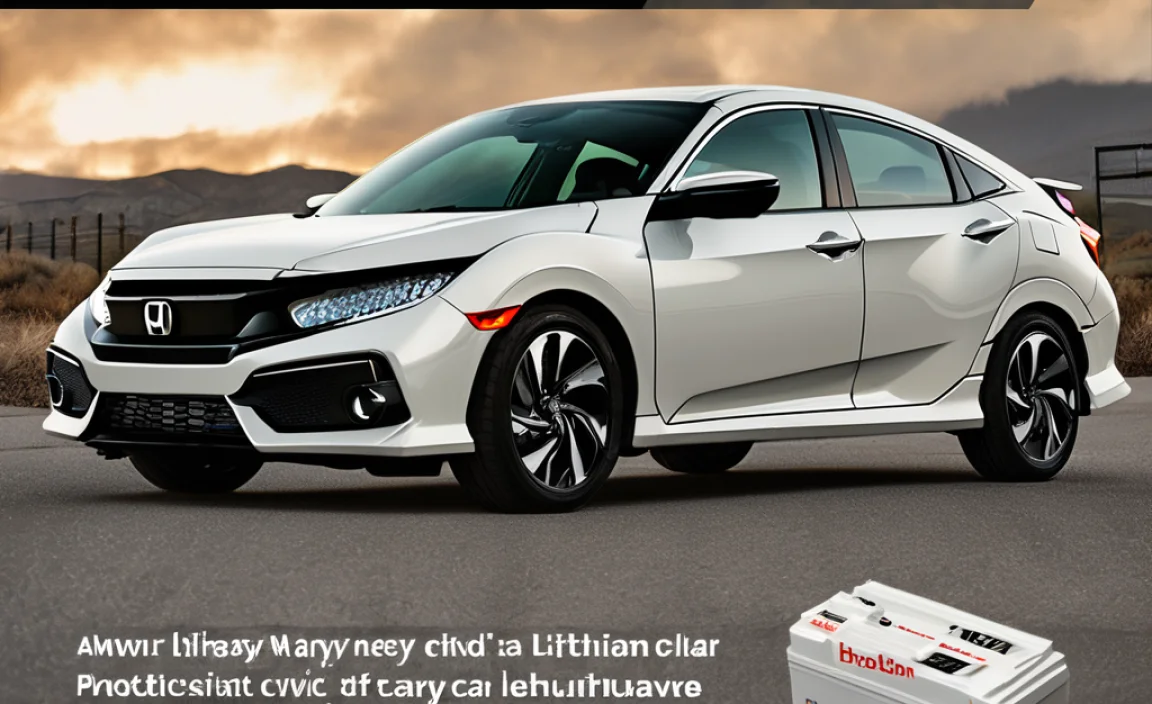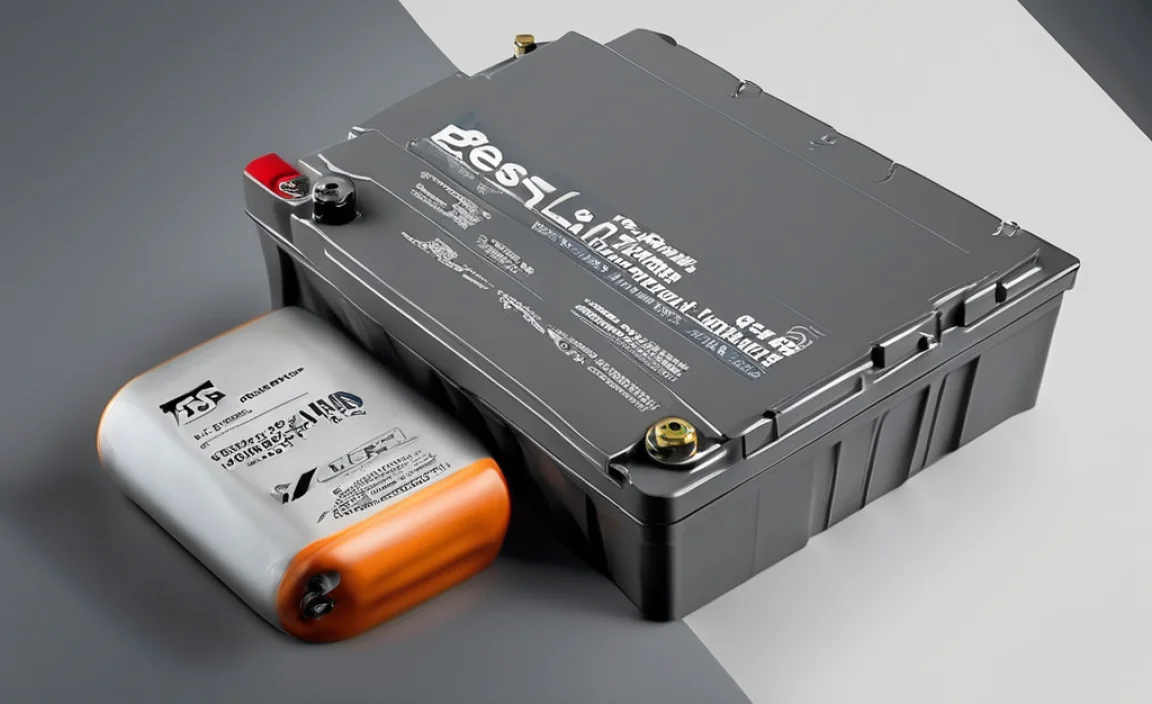Solar Panel Batteries: Affordable & The Best Costs
The soaring popularity of solar energy has brought with it a crucial question for homeowners and businesses looking to maximize their investment: how much are batteries for solar panels? While the upfront cost of solar panels has become increasingly accessible, the addition of battery storage represents a significant investment that can dramatically enhance the functionality and financial benefits of a solar system. Understanding the pricing landscape, the factors that influence cost, and the value proposition of solar batteries is essential for making an informed decision. The good news is that battery technology is rapidly evolving, leading to more affordable and efficient solutions than ever before.
Choosing the right solar battery is not just about the sticker price; it’s about finding a solution that offers the best long-term value and meets your specific energy needs. This involves considering capacity, power output, lifespan, warranty, and the overall return on investment. Fortunately, the market is brimming with options, from established manufacturers offering robust, long-lasting systems to newer entrants pushing the boundaries of affordability and innovation.
Understanding the Components of Solar Battery Costs
When asking “how much are batteries for solar panels,” it’s important to break down what contributes to the total price. The primary cost is the battery pack itself. These are typically lithium-ion based systems, with variations in chemistry like lithium iron phosphate (LiFePO4) which is gaining traction due to its safety and longevity. The capacity of the battery, measured in kilowatt-hours (kWh), is a major driver of price. A larger capacity battery, capable of storing more energy, will naturally cost more.
Beyond the battery itself, there are other significant cost factors:
Inverter: Solar systems require an inverter to convert the DC power generated by panels into AC power for your home. If you’re adding a battery to an existing solar system, you might need a hybrid inverter that can manage both solar input and battery output and charging. The cost of a new hybrid inverter can range from $1,000 to $3,000 or more, depending on its features and capacity.
Installation: Professional installation is crucial for safety and optimal performance. Electricians specializing in solar and battery systems will charge for their labor, which can vary based on the complexity of the system and local labor rates. Expect installation costs to range from $1,000 to $5,000, though this can be integrated into the overall system quote.
Mounting Hardware and Wiring: These are necessary components for physically connecting the battery to your solar panels, inverter, and home’s electrical system. While often a smaller portion of the overall cost, they are still a factor.
Permitting and Inspection Fees: Local authorities often require permits and inspections for electrical work, including solar and battery installations. These fees vary by municipality.
Software and Monitoring: Many battery systems come with accompanying software for monitoring performance, energy usage, and battery health. While often included, some may have subscription fees for advanced features or extended data logging.
How Much Are Batteries for Solar Panels: A Price Range
To answer the central question directly, how much are batteries for solar panels? The price can vary significantly, but generally, you can expect to pay anywhere from $7,000 to $15,000 or more for a residential solar battery system. This price range often includes the battery unit itself, the associated inverter (if needed), and installation.
Budget-Friendly Options: Entry-level battery systems with smaller capacities (e.g., 5-10 kWh) might fall into the $7,000 to $10,000 range. These are suitable for smaller homes or for users who primarily want backup power during short outages or to optimize self-consumption of solar energy during peak demand hours.
Mid-Range Systems: Systems with capacities between 10-15 kWh, offering more substantial backup power and greater energy independence, typically range from $10,000 to $13,000.
High-Capacity & Premium Systems: For larger homes, or those seeking maximum energy autonomy and the ability to run significant loads during extended outages, batteries with capacities of 15 kWh and above, or those with higher power discharge rates and longer lifespans, can cost $13,000 to $15,000+, and sometimes even exceed $20,000 for very large or specialized systems.
It’s crucial to obtain multiple quotes from reputable installers to get the most accurate pricing for your specific needs and location.
Factors Influencing the Best Costs for Solar Batteries
Several factors influence where your investment will land on the price spectrum, ultimately determining the best costs for your solar battery solution:
Brand and Manufacturer: Established brands with a proven track record often come with a higher price tag, but this can be justified by superior quality, longer warranties, and better customer support. Newer or less established brands might offer more competitive pricing, but it’s vital to research their product reliability and company stability.
Battery Capacity (kWh): As mentioned, this is a primary cost driver. The more energy you need to store, the larger and more expensive the battery will be. A good rule of thumb is to assess your daily energy consumption and the duration of backup power you require.
Power Output (kW): This refers to how much power the battery can deliver at any given moment. If you have high-demand appliances (like central air conditioning or electric vehicle chargers), you’ll need a battery with a higher power output, which can increase the cost.
Battery Chemistry: While most residential batteries use lithium-ion, variations exist. Lithium iron phosphate (LiFePO4) batteries are increasingly popular due to their enhanced safety, longer cycle life, and thermal stability, often commanding a slightly higher initial price but offering better long-term value.
Warranty: A longer and more comprehensive warranty (often 10-15 years) indicates the manufacturer’s confidence in their product’s lifespan and reliability, and can contribute to a higher initial cost. However, it also provides significant peace of mind and protects your investment.
Integration Complexity: Adding a battery to an existing solar system might be simpler and less expensive than installing a brand new system with integrated battery storage. The type of existing inverter and the home’s electrical panel also play a role.
Incentives and Rebates: Government incentives, tax credits (like the federal solar investment tax credit), and local utility rebates can significantly reduce the net cost of solar batteries, making them far more affordable. Always research available programs in your area.
The Value Proposition: Why Batteries are Worth the Investment, Maximizing Affordability
While the initial cost of solar panel batteries can seem substantial, the long-term benefits often make them an incredibly wise investment, especially when considering the total cost of ownership and the best value.
Energy Independence and Resilience: Batteries provide power during grid outages, ensuring your lights stay on, your food stays cold, and your essential appliances continue to function. This resilience is becoming increasingly valuable in areas prone to extreme weather events.
Time-of-Use (TOU) Optimization: Many utility companies have TOU rate plans where electricity is more expensive during peak demand hours. Batteries allow you to store solar energy when it’s cheap (or free) and discharge it during peak hours, significantly reducing your electricity bill. This is a key way to achieve the best costs.
Increased Self-Consumption: By storing excess solar energy that would otherwise be sent back to the grid, you can use more of your own clean energy, further reducing your reliance on utility power and its associated costs.
Grid Services: In some regions, batteries can participate in demand response programs or provide grid services, earning you credits or payments from your utility.
Environmental Benefits: By maximizing your use of solar energy, you reduce your carbon footprint and contribute to a cleaner environment.
In conclusion, while the question of “how much are batteries for solar panels” is complex, the landscape is increasingly favorable for consumers. With a diverse range of products, evolving technology, and significant incentives, investing in solar battery storage is becoming more affordable and accessible than ever. By carefully assessing your energy needs, researching different options, and obtaining multiple quotes, you can find a system that delivers the best long-term value and enhances the overall benefits of your solar investment.


